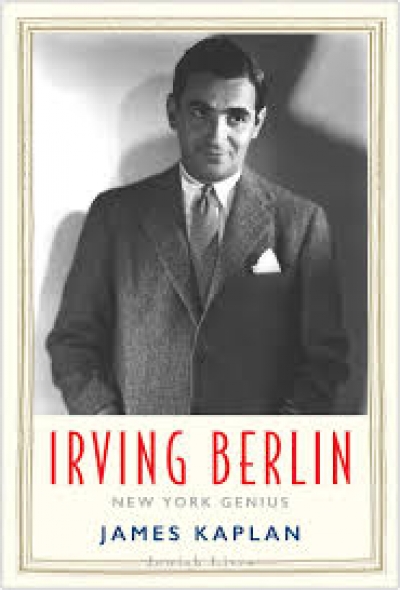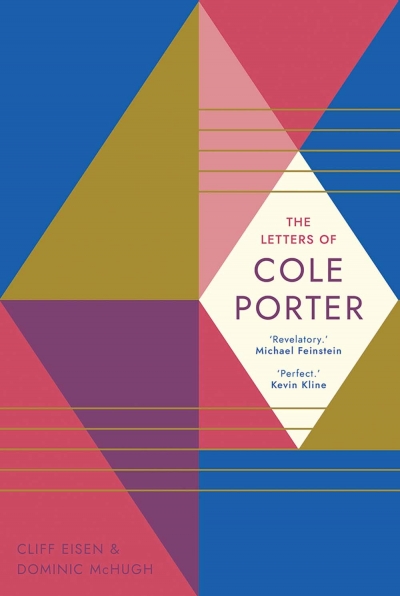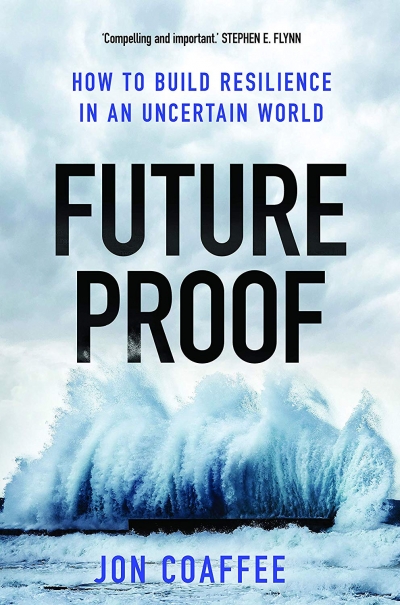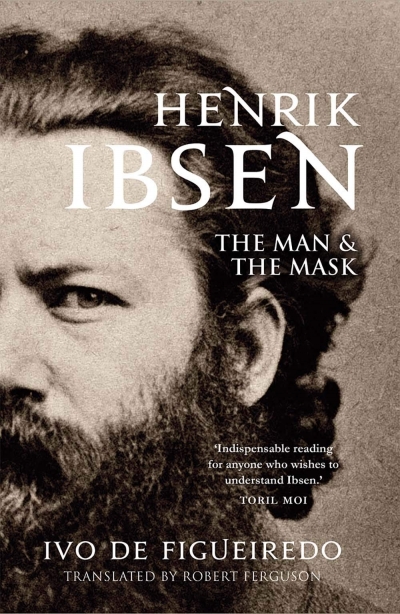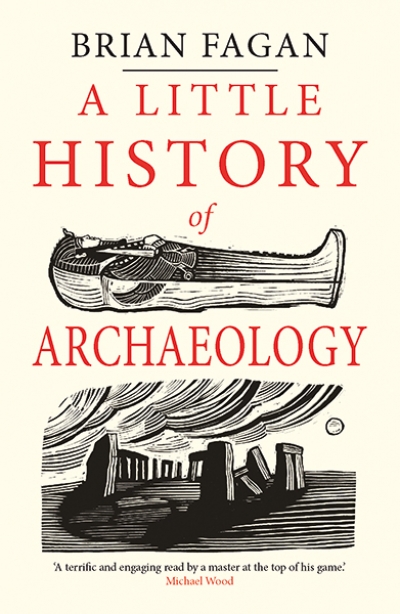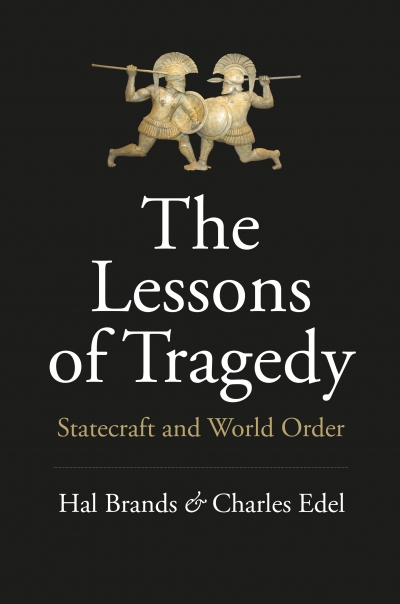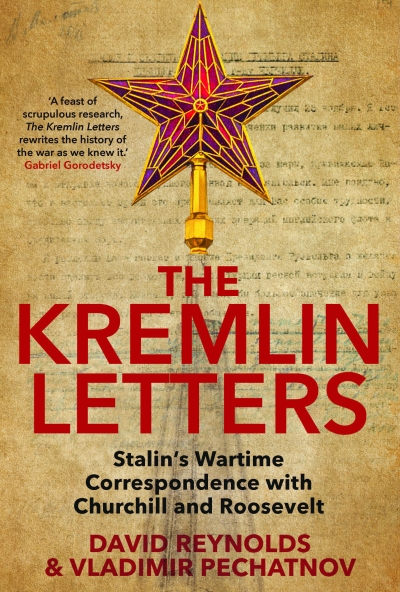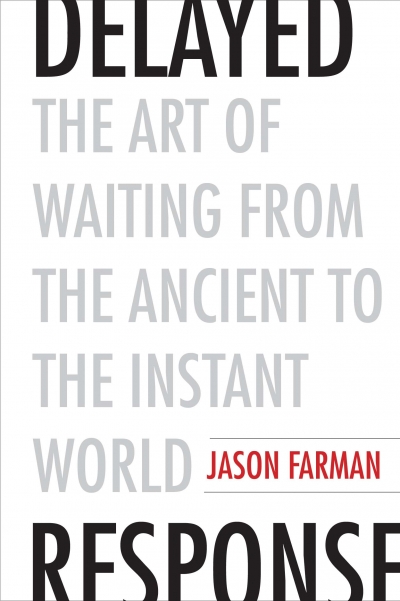Yale University Press
The Letters of Cole Porter edited by Cliff Eisen and Dominic McHugh
by Paul Kildea •
Ben Hecht: Fighting words, moving pictures by Adina Hoffman
by Aaron Nyerges •
Future Proof: How to build resilience in an uncertain world by Jon Coaffee
by Tom Bamforth •
Henrik Ibsen: The man and the mask by Ivo de Figueiredo, translated by Robert Ferguson
by Kári Gíslason •
The Lessons of Tragedy: Statecraft and world order by Hal Brands and Charles Edel
by Rémy Davison •
The Kremlin Letters: Stalin’s wartime correspondence with Churchill and Roosevelt edited by David Reynolds and Vladimir Pechatnov
by Sheila Fitzpatrick •
Delayed Response: The art of waiting from the ancient to the instant world by Jason Farman
by Alex Tighe •

